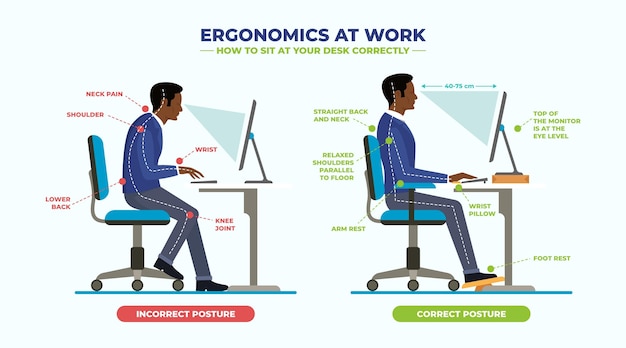Frontline heroes facing invisible battles—why healthcare workers are disproportionately affected by long COVID and how the system is failing them.

While the world has shifted focus beyond the peak of the pandemic, a growing number of healthcare workers continue to suffer from long-term effects of COVID-19. Known as long COVID, this condition includes a range of symptoms such as chronic fatigue, brain fog, shortness of breath, and heart palpitations that persist for weeks or months after the initial infection. Studies suggest that healthcare workers are experiencing these symptoms at higher rates than the general population—putting immense strain on an already overburdened healthcare system.
Despite their critical role in managing the pandemic, many healthcare professionals have received little support in dealing with long-term health consequences. This silent crisis threatens not only their well-being but also the stability of healthcare delivery worldwide.
Several factors contribute to the elevated risk of long COVID among healthcare workers:

Long COVID symptoms vary widely but often include:
For healthcare workers, these symptoms can make it impossible to perform demanding clinical duties. Nurses, physicians, and technicians who once worked 12-hour shifts now struggle to complete basic daily tasks. Some have been forced to reduce hours, switch roles, or leave the profession entirely.
Despite growing awareness, institutional responses have been inconsistent. Some hospitals and health systems have established long COVID clinics or offered accommodations such as modified schedules. However, many healthcare workers report:
In many cases, workers feel abandoned by the very institutions they served during the pandemic’s darkest days. Without formal recognition or compensation pathways, long COVID remains an invisible disability in the healthcare workplace.

The impact extends beyond individual suffering. As more healthcare workers face long-term disability, staffing shortages worsen. This creates a vicious cycle: fewer staff lead to higher workloads, increasing stress and infection risk for those still working—raising the likelihood of more long COVID cases. The sustainability of healthcare delivery is at stake, particularly in regions already facing workforce deficits.
Addressing this crisis requires systemic change. Experts recommend:
Healthcare workers were hailed as heroes during the pandemic. But heroism should not be a prerequisite for basic care and dignity. The high prevalence of long COVID among medical professionals is a direct consequence of their service under extraordinary conditions. A meaningful response must include recognition, support, and systemic reforms that protect their health and preserve the integrity of healthcare systems.
The time to act is now—not with applause, but with policy, compassion, and concrete action.

Health

Health

Health

Health

Health

Wellness

Wellness

Wellness

Fitness

Wellness

Fitness

Wellness

Health

Fitness

Health

Health